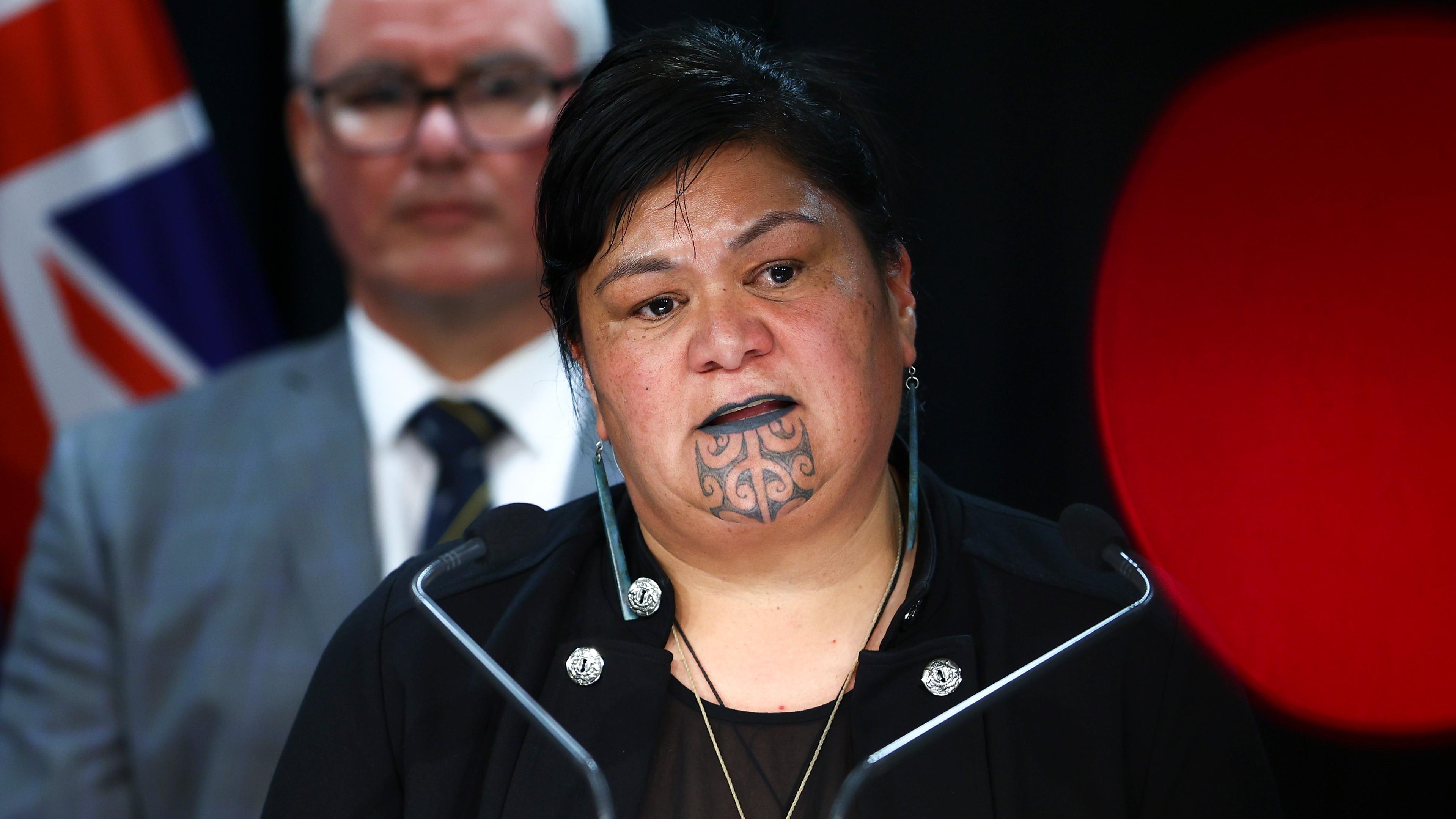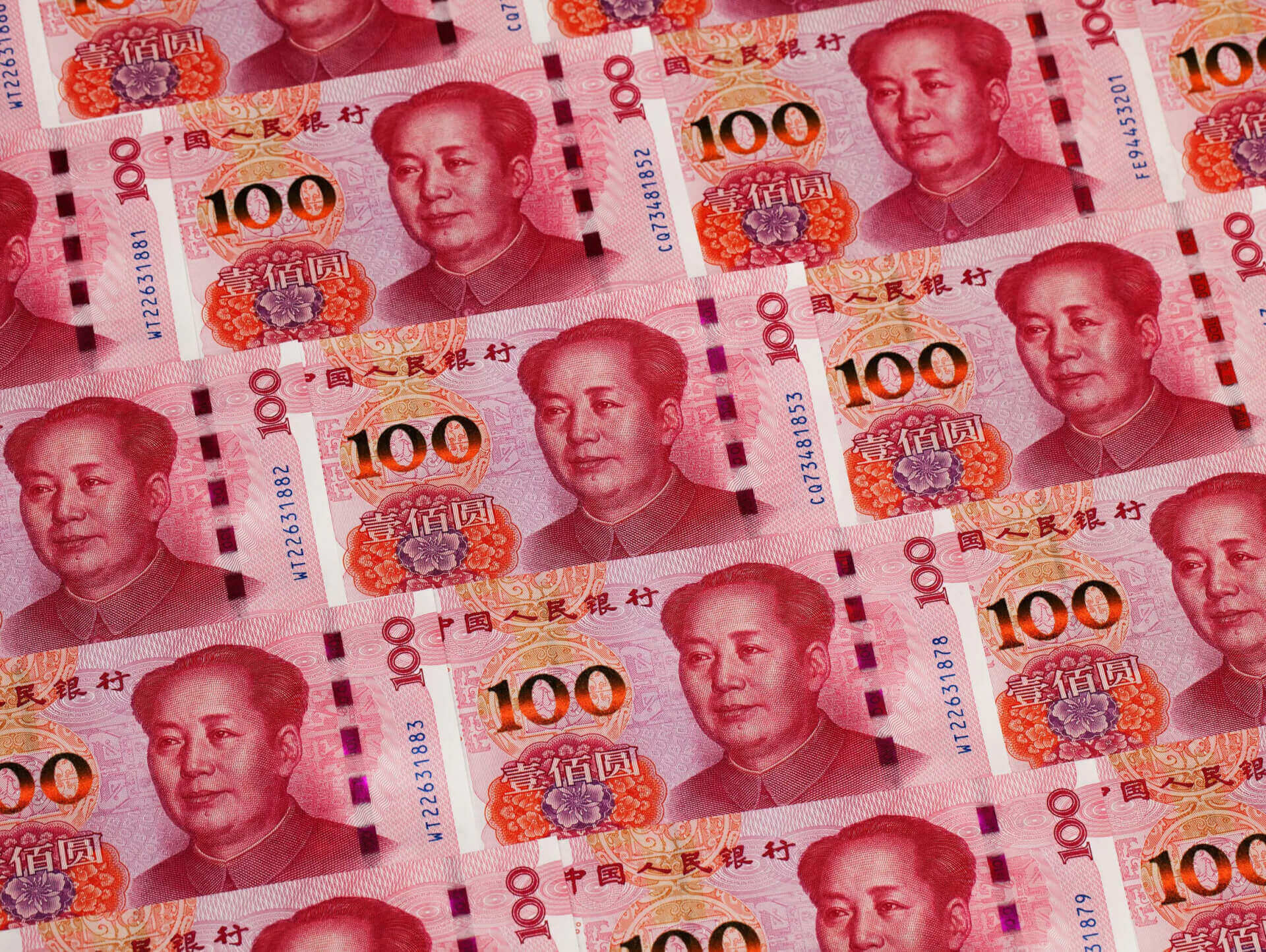South Asia
Chinese research vessel Yuan Wang 5 has left the Hambantota International Port after six days. The ship’s arrival at the port became a source of concern for India, which said the vessel was deployed by the Chinese government for espionage purposes. [Colombo Page]
Bangladeshi Prime Minister Sheikh Hasina offered land in a special economic zone to Qatar as part of a wider goal of developing its Liquefied Natural Gas sector. Bangladesh has already made similar offers to China, Japan, India, and South Korea, all of which are preparing to set up operations in the area. [Bangladesh Sangbad Sangstha]
Central Asia and the Caucasus
Uzbek President Shavkat Mirziyoyev held a phone call with his Russian counterpart Vladimir Putin on Monday to discuss improving strategic relations. In this regard, the duo noted the importance of participating in the Shanghai Cooperation Organization (SCO) to achieve security goals. They also agreed to enhance trade and economic ties. [Kun.uz]
Kazakh authorities have opened a criminal case against Bolat Nazarbayev, the brother of former President Nursultan Nazarbayev, and his wife for using “violence, threats, and blackmail [to force] well-known entrepreneurs in the country to transfer the business to their property free of charge.” Several of Nazarbayev’s relatives and associates have been accused of corruption and acquiring illegal wealth. The recently-amended constitution prevents Nazarbayev and his relatives from holding high posts in public offices. [Fergana News]
East and Southeast Asia
China’s yuan hit a two-year low against the United States dollar (USD) on Monday, trading at 6.86 after a second interest rate cut (from 4.45% to 4.30%) in two weeks. The 0.1% drop against the USD has in fact been mirrored across the region, with similar falls reported in Japan (0.4%), Singapore (0.2%), South Korea (0.2%), and Malaysia (0.3%). [Business Insider, Investing.com]
Heavy flooding in the Philippine province of Maguindanao has impacted at least eight towns, causing over $2.3 million in damage to farms and crops and displacing well over 15,000 families. Rice and cornfields were in particularly heavily affected, with rice fields accounting for around 90% of the damage. [Rappler]
Europe
Far-right Italian prime ministerial candidate Giorgia Meloni was criticised for her “indecent” and “vulgar” campaign after she shared a video of a woman being raped on Twitter. While sharing the post, she vowed to “restore security” and speak out against “sexual violence.” [Euronews]
Former British Chancellor of the Exchequer Rishi Sunak vowed to change India and the United Kingdom’s (UK) relations to allow inter-country travel by students and businesspeople to ensure a “two-way relationship.” He also once again singled China out as the “biggest threat” to UK’s economy and national security. [Indian Express]
Following a meeting with the Bulgarian caretaker Cabinet’s “energy crisis” team on Monday, caretaker Energy Minister Rossen Hristov said that they would have to hold “difficult and hard talks” with Russian state-owned energy company Gazprom in order to secure supplies for November and December. Russia stopped supplying gas to Bulgaria in April to retaliate against Western sanctions. [Sofia Globe]
Latin America and the Caribbean
In an interview on Monday, Brazilian President Jair Bolsonaro said that he would respect the results of the upcoming presidential elections in October, as long as the voting is “clean and transparent.” Bolsonaro has repeatedly cast doubt over the credibility of the country’s electronic voting system, demanded greater military oversight to ensure transparency of the electoral process, and had earlier even threatened to reject an unfavourable outcome. [Reuters]
On Monday, Mexican journalist Fredid Román was shot dead in Chilpancingo in southern Mexico, making him the 15th journalist to have been killed in the country so far this year. His programme, ‘The Reality of Guerrero,’ discussed state-level politics, with Guerrero often witnessing violent clashes between drug gangs and armed vigilantes. Jan-Albert Hootsen from the Committee to Protect Journalists has expressed concern over the rising death toll of media persons in Mexico, arguing that “an ongoing climate of impunity continues to fuel these attacks.” [Associated Press]

Middle East and North Africa (MENA)
Islamic Revolutionary Guards Corps (IRGC) aerospace commander Brig. Gen. Amir Ali Hajizadeh on Tuesday confirmed reports that Iran has been exporting drones. He also mentioned that Tehran “has become self-sufficient in drone industry.” Although Hajizadeh did not mention the destination of Iran’s exports, the United States recently accused Iran of selling drones to Russia. [Fars News, Associated Press]
Egyptian President Abdel Fattah El Sisi hosted the leaders of the United Arab Emirates, Jordan, Iraq, and Bahrain in El Alamein on Monday. The leaders discussed ways to cooperate on regional security and improve trade and energy ties. [Associated Press]
North America
In a joint press conference with German Chancellor Olaf Scholz in Montreal on Monday, Canadian Prime Minister Justin Trudeau said that there isn’t a “strong business case” to supply Canadian natural gas to Germany “because of the distance from the gas fields.” However, he mentioned that Ottawa would continue to advance the development of liquified natural gas terminals on the country’s west coast that supply gas to Asia. “Right now, our best [solution] is to continue to contribute to the global market, to displace gas and energy that then Germany and Europe can locate from other sources,” Trudeau remarked. [CBC News]
On Monday, United States (US) National Security Advisor Jake Sullivan spoke with Portuguese Minister of Foreign Affairs João Gomes Cravinho to discuss their “shared commitment to supporting Ukraine as it defends its democracy against Russian aggression, as well as the importance of efforts to alleviate the impacts of Russia’s war in Ukraine on global food security.” The pair also reaffirmed their cooperation as Atlantic states in promoting “a peaceful and prosperous Atlantic Basin region.” [The White House]
Oceania
New Zealand Foreign Minister Nanania Mahuta announced further sanctions against Russia-backed leaders in “occupied areas” of Ukraine, referring to the breakaway eastern territories of Donetsk and Luhansk. She denounced the Putin regime for appointing “so-called ministers or mayors [...] in an attempt to shore up its illegal presence and force political integration with Russia.” The latest round of measures targets 48 new officials and one entity. [New Zealand Government]
Australian Prime Minister Anthony Albanese has called on his predecessor Scott Morrison to “apologise for undermining” democracy after revealing that he had held at least five secret portfolios during the COVID-19 pandemic. In fact, Morrison revealed that he had already apologised to his colleagues last week, after taking up the Cabinet roles of minister of health, finance, home affairs, and treasury and industry. [Sydney Morning Herald]
Sub-Saharan Africa
The World Health Organisation’s Regional Committee on Africa convened a meeting of health ministers in the Togolese capital city of Lomé on Monday after the Democratic Republic of Congo confirmed an outbreak of Ebola in Beni. WHO chief Tedros Adhanom Ghebreyesus discussed the issues faced by African nations in countering the spread of infectious diseases, specifically monkeypox, polio, measles, and ebola. He urged member states to speed up restoring “essential health services, which were severely disrupted by the (COVID19) pandemic.” [Africa Times]
On Monday, India rejected three cheetahs translocated from Namibia, claiming they were captive-bred and could not hunt, and demanded that they be replaced with wild-caught cheetahs. Namibian Environment Minister Romeo Muyunda denied these allegations and described India’s rejection as “unfortunate,” asserting that Namibia “will not give them (India) cheetahs anymore to replace the three rejected ones, as we do not want to compromise on our cheetah population.” [Namibian]

